? Rooting for Real Farms
If we don’t support our local small scale farms & high welfare independent butchers and retailers now and into the future, we will lose them. Bernard’s Farm in Cheshire keep rare breed pigs in their orchard – The pigs go to a local abattoir and are sold to local customers. The pigs are woodland roaming, free from mutilations and preventative antibiotics. Ma Bernardson from the farm says that since lockdown hit, their doorbell has been ringing morning, noon and night from new customers snapping up their pork boxes so they’ve started to deliver every week. Feedback has been very positive, ‘People are saying this is how pork used to taste’.
? Even the giant corporations are scared
Now that the dog eat dog competition between giant corporations threatens some of the giants, a few are coming together to urge the UK government to protect them. They want to avoid the same bankruptcy that millions of ecologically sustainable small and medium scale businesses suffered at the hands of the neoliberal beloved ‘competition’. Economies of scale, that are apparently efficient, inevitably win in the global monopoly game.
Businesses including the Co-op, Iceland, Nestlé, Pilgrim’s Pride and Waitrose have signed a statement urging ministers to develop core standards for trade that are in line with recommendations set out by the Trade and Agriculture Commission. Absurdly, we’ve arrived at the point where giant profit-driven corporations are having to lobby a free-trade-obsessed government not to undermine our farmers and retailers by allowing imports of food that would be illegal to produce in the UK. The Shadow Secretary for International Trade, Emily Thornberry is in line with the vast majority of her constituents – see her letter,
‘…we do not rest until the protection of our food and farming standards against cheap imports is written into law, and cannot legally be undermined by future trade agreements, with the US or any other country’
The trade bill has still to be signed so perhaps with this powerful corporate plea for protection, some Tory MPs will break the three line whip and shake off their blind allegiance to corporate hegemony and vote with the vast majority of Lords and MPs from every opposition party in the House of Commons?
Only then can we end the constant need for businesses to consolidate into giants like Pilgrim’s Pride, a multinational chicken and pig businesses based in Brazil that employs about 38,000 people with sales of $8.1 billion in 2012, and has operations in 12 US states, Mexico and Puerto Rico. They have the capacity to process 36 million birds per week resulting in almost 9.5 billion pounds (4.5 million tons) of live chicken produced annually in appalling conditions. In June 2019, Animal Equality UK reported that after visiting three farms in Lincolnshire belonging to their subsidiary Moy Park, on multiple occasions between February and April 2019, they had filmed evidence of “extreme suffering”. Animal Equality said carcasses were “left to rot for days”, and birds were found with severe leg injuries, with some unable to stand.
The exposure of this unspeakable cruelty by the Animal Equality whistleblowers has hopefully led to a review of welfare standards in Pilgrim’s Pride farms, but now this huge corporation could be out-competed by cheap, low welfare imports into the UK. Matt Dight, Head of Sustainability at Pilgrim’s Pride UK, said in an interview with Pig World on 24 March, “As one of the UK’s biggest food and farming businesses and Britain’s leading higher welfare pig farmer, we’re not prepared to compromise on our standards. That’s why we fully support the WWF in calling for the government to ensure that the highest welfare and environmental standards are maintained for any food products imported into the UK from other countries”.
As Boris strives for trade deals with countries that not only have cheap labour, but abysmal standards and working conditions, the writing is on the wall even for the corporate giants who are now asking for protection from imports produced to even lower standards than their own.
? Solution is to relocalise our food economy
We have to work on 2 levels to protect our food standards, first by lobbying MPs not to sign free trade treaties that facilitate a race to the bottom and, at the same time, take our business from these vast and excessively powerful corporations by buying as much as possible from ethical businesses and ideally local real food producers. Their food might be fractionally more expensive but, if you have the money, it is worth the extra cost as it is healthier on and avoids the consolidation of a few giant food producers, along with their lobbies and government stooges. Animals on these farms have been treated kindly so don’t need antibiotics and with outdoor pigs kept in sustainable numbers, there is no excessive spreading of animal manure as in animal factories and therefore no harmful nitrates polluting the environment.
?♂️ High profile heroes to the rescue
We should try to avoid even those supermarkets that are a cut above the others in terms of ethics as they all have a long history of misrepresentation, from fake farm labels to meaningless phrases like ‘natural’ and ‘traditional’ to describe meat raised in factory farms or vegetables contaminated with toxic pesticide residues. Hugh Fearnley-Whttingstall deems this irresponsible and says, “I don’t think it’s appropriate for products or supermarkets or brands to use terms like responsibly sourced or sustainably sourced unless they can back it up.”
The River Cottage, which raises its own cows, is cutting down on meat in the restaurant, and Hugh says, “I think being a vegan does make a very valuable contribution and we all need to eat less meat. In River Cottage, we can just about make an omnivorous diet sustainable, but it’s not straightforward. And I think regenerative agriculture, if it really catches on, [could mean] we will continue to be able to eat meat.“
Another hero who has given his name to help our beleaguered creatures is Chris Packham, English naturalist, nature photographer, television presenter and author. He says:
“The life of a typical supermarket chicken is a nightmare. It’s a short one of misery and pain, on a filthy, crowded factory farm hidden from sight somewhere on the outskirts of a town. The contrast with the life of a wild, healthy chicken couldn’t be more stark.
These Franken-chickens are forced to grow so fast that their bodies simply collapse under their own weight. They routinely suffer debilitating lameness and sometimes even heart attacks. They’re killed at just 5-6 weeks old and can spend their final days in agony. Productivity is paramount. And happiness? Utterly unimportant.”
? Gene editing – a trojan horse
Another terrifying neoliberal goal of Boris Johnson’s is his pledge during his first speech as prime minister to ditch the EU’s precautionary principle on genetically modified organisms (GMOs) and gene-editing (GE).
“Let’s liberate the UK’s extraordinary bioscience sector from anti-GM rules. Let’s develop the blight-resistant crops that will feed the world,”
Although in 2018 the EU Court of Justice ruled that gene edited crops should be governed by the same regulations as genetically modified crops, the post-Brexit UK government seems on track to overturn this rule and allow gene editing of both crops and animals, in spite of deep misgivings by both regulatory authorities and the public.
Corteva, the world’s second largest seed company, has managed to “bypass the regulatory framework for GM products” by arguing that their seeds contain no transgenic material i.e. genetic material transferred between different species. On this basis the commercial use of their genetically edited ‘waxy’ maize has now been approved in Argentina, Brazil, Canada, Chile and the US with a genome editing technique called CRISPR, without subjecting the crop to the risk assessments and regulations for GM crops. Other countries could soon follow. Unregulated and unlabelled GE crops and produce would be the norm in the UK if the government gets their way. Unless we act, we will have gene edited pigs in our pork products. Pigs in animal factories breathe toxic air from biodegrading faeces inevitably develop respiratory diseases. Instead of the healthy option of raising pigs outside in sustainable numbers, the biotech industry wants to reap massive profits by gene-editing the pigs in order to breed ‘disease-resistant’ animals on an ever larger scale.
Patrick Holden, CEO of the Sustainable Food Trust writes in a 15 March blog ‘Gene editing, a potentially catastrophic policy decision‘,
‘If the UK government is successful in removing the current regulatory barriers to gene editing, I believe there could be potentially catastrophic consequences for biodiversity, welfare, sustainability and public health.’
‘…its introduction would likely perpetuate the catastrophic decline in agricultural biodiversity which has been a feature of my whole farming life (now spanning 50 years); that it effectively overlooks and eclipses existing evolutionary responses which are now beginning to be understood by science, namely epigenetics which is the capacity of all living organisms to constantly adapt to the environment in which they live through subtle changes in gene expression at a cellular level. Lastly, it risks reinforcing the hubristic attitude of the science community that, now we understand the genome, we should feel at liberty to develop ‘designer’ plants and animals to suit the purposes of humanity without any respect for our, as yet partial, understanding of the miraculous evolutionary processes in the natural world, which we have all but eliminated in agriculture through intensification.’
Listen to the fascinating Sustainable Food Trust webinar (available via their latest newsletter which you can sign up for here), featuring Guy Singh-Watson founder of Riverford, Lawrence Woodward from Beyond GM, Michael Antoniou, PhD, Head of Gene Expression and Therapy Group at King’s College London, and DEFRA’s head scientist Gideon Henderson. The due diligence around gene editing has been stifled compared to that of GMOs that had performance field tests, monitoring and risk assessments, followed up with 8-9 month of public debates.
? Agri tech – Africa’s new colonial masters
The tentacles of agri-tech are reaching into the heart of Africa. Corteva, the world’s second largest seed company, has partnered with the International Maize and Wheat Improvement Center (CIMMYT) to develop hybrid maize varieties for Africa through genome editing. The programme is funded by the Bill & Melinda Gates Foundation. Yet again, the Gates foundation is funding technology under the guise of ‘saving world hunger’ when really the tag line should be ‘lining our pockets’. Corteva plans to release the first batch of GM maize in Kenya by 2025.
The African Center for Biodiversity, which since 2003 has campaigned for seed sovereignty and opposed corporate expansion into African agriculture, has published a briefing paper ‘Genome Editing – a new wave of false corporate solutions for Africa’s food systems – forewarnings of impending failure of new GM techno fixes’,
‘Genome editing risks aggravating the problems of industrial agriculture, prolonging a model that threatens both human health and the environment, and further opens up African food systems to hegemonic control and privatisation. Concerns about such technology move beyond biosafety, into a realm of counter-hegemonic struggle against colonial/capitalist Euro-American technoscience projects and frameworks that require loose or non-existent regulation that bends towards a narrow and outdated version of so-called Western science, in order to facilitate and expand their corporate interests and profits’.
? Africa’s seeds of hope
As opposed to consolidating farms into the control of a few giant GM and chemical-intensive corporations we should look to traditional small scale farming practices that follow a circular whole farm economy. A brilliant example is One-Acre Farm which is a highly profitable, mixed-farm near Lake Victoria in Uganda, East Africa. The small farm was designed by farmer and veterinarian Dr. Emma Naluyima.
‘By emulating nature’s cyclical and regenerative processes, Emma’s farm generates multiple revenue streams and significantly reduces running costs and waste. This leads to much higher profits. In 2019, she was awarded the prestigious Africa Food Prize, for demonstrating to hundreds of millions of smallholder farmers in Africa, the multiple benefits of shifting to circular agriculture.
Part of the design rationale for her farm is the trend for shrinking farm sizes in the region, due to a rising population as well as fragmentation of farms as they are passed from one generation to the next. For this reason, small farms need to be more productive and profitable to ensure food security and avoid expansion into natural wilderness areas.’
? Inevitable chaos
Unless we change course towards more local production for local consumption the world over, big corporations will demand global supply chains that are easily overwhelmed by unplanned but inevitable events such as price fluctuations, transport delays, interruption of processing capacity by pandemics and crashes in the financial system. Visible results of the current Brexit chaos and the Covid pandemic include suffering livestock on overcrowded lorries and rotting meat at the UK/EU border. The report, published by the British Meat Processors Association (BMPA), claims additional costs associated with trading with Europe will cost the red meat sector between £90m and £120m a year.
‘It warns additional checks and increased paperwork are adding up to three days on to export times and many European customers are cancelling orders due to a combination of delays and higher costs associated with importing from the UK.’
? 200,000 animals trapped in Suez canal traffic jam
Another example of the chaos caused by long food chains is the tail-back at both ends of the Suez canal where 200,000 animals are likely to die in what could be “the worst maritime animal welfare tragedy in history”, says Gabrile Păun, the EU director for the NGO Animals International.
“16 ships taking live animals from the EU (Romania) to the Persian Gulf which have been stuck for several days behind the stranded [boat]… even if the ships were to resume full course today, the water and food would not last until their sea journey is over.”
Apparently the only chance now for some of the animals to make it to their destination alive is for Egyptian authorities to move quickly and clear the ships waiting in the approaches to the Suez canal. This is not the first time live animal exports have resulted in catastrophe for the poor animals. If importing countries can’t raise livestock closer to home, surely the next best thing would be to import meat on the hook rather than as live animals. This would eliminate unnecessary suffering for the animals, and the volatility of long distance transport and would be more economically profitable and humane.
? The answers to a broken system are clear
For some progressive ideas on how to mend our broken food system, read “Rethinking Food & Agriculture: New Ways Forward,” an anthology edited by Amir Kassam and Laila Kassam, that takes a deep dive into these ecological and cultural concerns, from the Neolithic Revolution to the present day, and explores sustainable solutions.
‘Agriculture is at the root of multiple crises facing humanity today. Environmentally, it is responsible for habitat destruction, topsoil loss, aquifer depletion, pesticide and fertilizer pollution, ocean dead zones, dubious genetic experimentation, and a tremendous amount of greenhouse gas emissions. Socially, its practice depends on a permanent underclass of slave-like labor controlled by monopolistic corporate forces with pernicious political influence. Philosophically, it reduces non-human life—plants, animals, fungus, etc.—to objects to be controlled and manipulated rather than relations with whom to live in reciprocity; this “dominionism” (as enshrined by the Abrahamic religious tradition) is the toxic foundation of contemporary capitalism (and which, I must add, is too often ignored by socialist theory)’.
We have to eat, of course, and this anthology tackles how we can eat with the next generation’s survival in mind.
? Blind ideology
On the few occasions I met Boris when he was editor of The Spectator or London’s Mayor, I urged him to write about the need to protect our environment and food system from corporations exponentially exploiting resources as they compete for profits in a global economy. He always assured me that all would be well if left to the market. Riverford organics founder, Guy Sing Watson writes about the flaws in this ideology.
”The reason we have the vaccine success is because of capitalism, because of greed, my friends.”
So Boris Johnson is reported as saying this week. Well, the vaccines were actually developed in publicly funded universities, and administered by a publicly funded NHS, within a law-abiding society, bound by a broadly accepted (if fragmenting) social contract.
More fundamentally, I would stake my life that the creativity, innovation and hard work was done by people motivated by a desire to serve their fellow citizens, and to learn and get better at what they do, in an environment where they were trusted not to act in narrow self-interest.
“A ten-minute RSA lecture by Dan Pink cites research showing how poor greed is at driving performance. Far from being a rule of nature that we’re motivated by greed, it is a lie that has worked its way into the foundations of our economic, and increasingly our social, systems.”
“Clearly greed can play a part in motivating, but effective management requires more than financial rewards; from picking strawberries to writing software, appealing to self-interest invariably leads to poor, short-term decisions, divisions and misery. An enlightened manager seeks to reward fairly, and then tap into the deeper, more powerful desires for shared purpose, mastery and autonomy.”
? Corporations feed off disruption
In the foreword to “The Truth About COVID-19,” by Dr. Joseph Mercola and Ronnie Cummins, Children’s Health Defense (CHD) Chairman Robert F Kennedy, Jr. says ‘the pandemic is being used to shift wealth upwards, abolish civil rights and destroy democracy’. He warns of how this period of draconian lockdowns has empowered large corporations, their political stooges and their philanthro-capitalist funders to impose their authoritarian rules on civil society.
‘Government technocrats, billionaire oligarchs, Big Pharma, Big Data, Big Media, the high-finance robber barons and the military industrial intelligence apparatus love pandemics for the same reasons they love wars and terrorist attacks’.
‘A consummate insider, the former White House Chief of Staff Rahm Emmanuel is known for his admonition that vested power structures should “never let a serious crisis go to waste.” But this treadworn strategy — to use crisis to inflame the public terror that paves the road to dictatorial power — has served as the central strategy of totalitarian systems for millennia’.
Please donate
Forgive me for pointing out that, while we receive some one-off donations, I am funding Farms Not Factories myself, and if we are to continue to fight the cruel, antibiotic-led factory farm system, we will need some regular donations from like-minded people. Please consider a monthly subscription of £2/month and help us support a network of smaller scale, humane and healthy UK pig farms, local abattoirs and butchers.
“Our message is simple, we want to help bring an end to this dangerous, inhumane system. Vote for real farming over factory farming.”
– Tracy Worcester, Director
Contents
Share This Article
Related ArticlesView All
Protect UK Farmers from Low Standard Imports
The purpose of our newsletter is to give you important information that is censored in the mainstream media. “The way… Read More
Protectionism vs So-Called Free Trade
The purpose of our newsletter is to give you important information that is censored in the mainstream media. “The way… Read More
Find A Farmer
The purpose of our newsletter is to give you important information that is censored in the mainstream media. “The way… Read More
Zionist Money Rules
The purpose of our newsletter is to give you important information that is censored in the mainstream media. “The way… Read More
The Price of Progress
The purpose of my newsletter is to give you important information that is censored in the mainstream media. “The way… Read More
Silencing Dissent Through Fear
The purpose of my newsletter is to give you important information that is censored in the mainstream media. If you… Read More
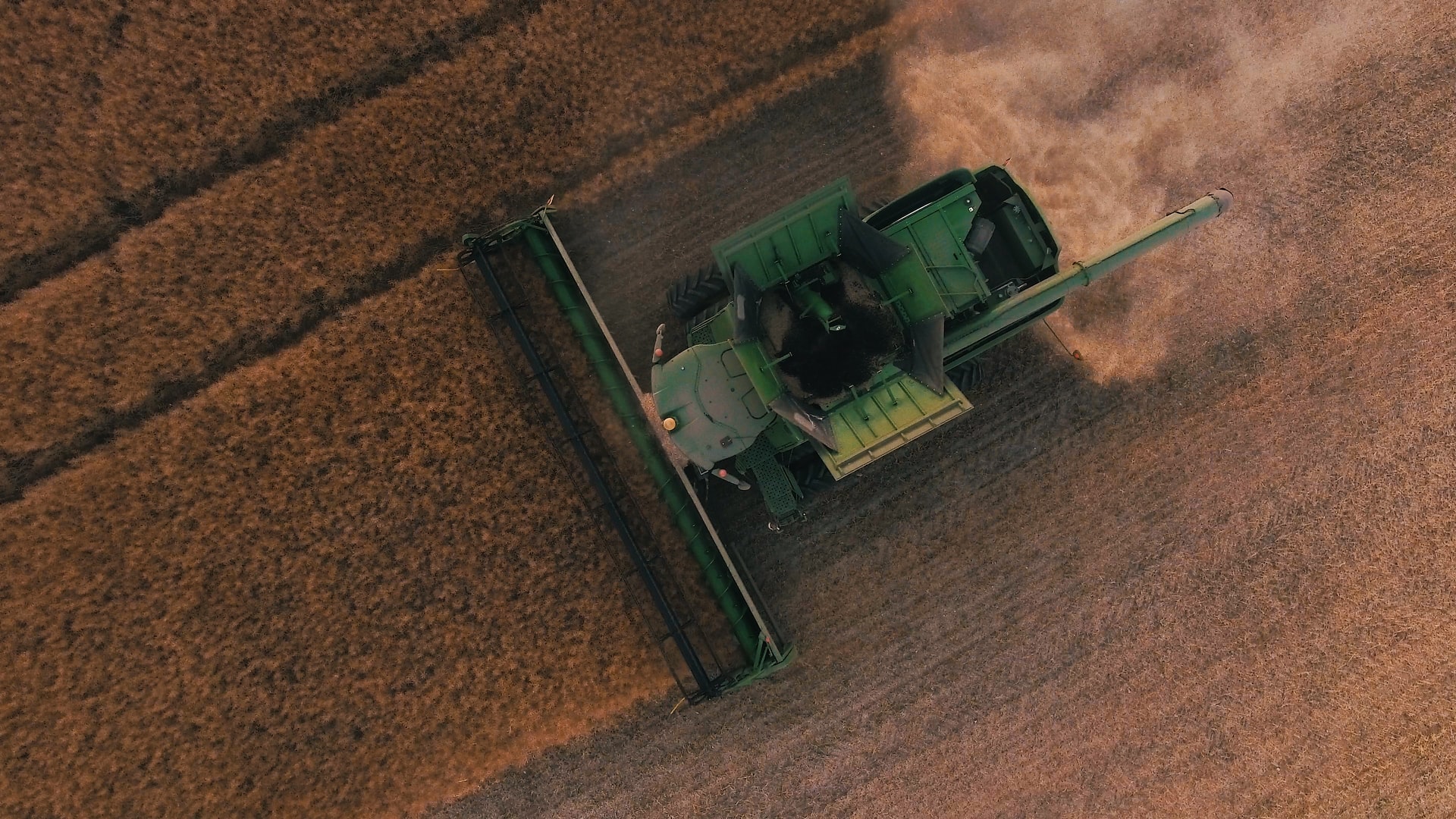
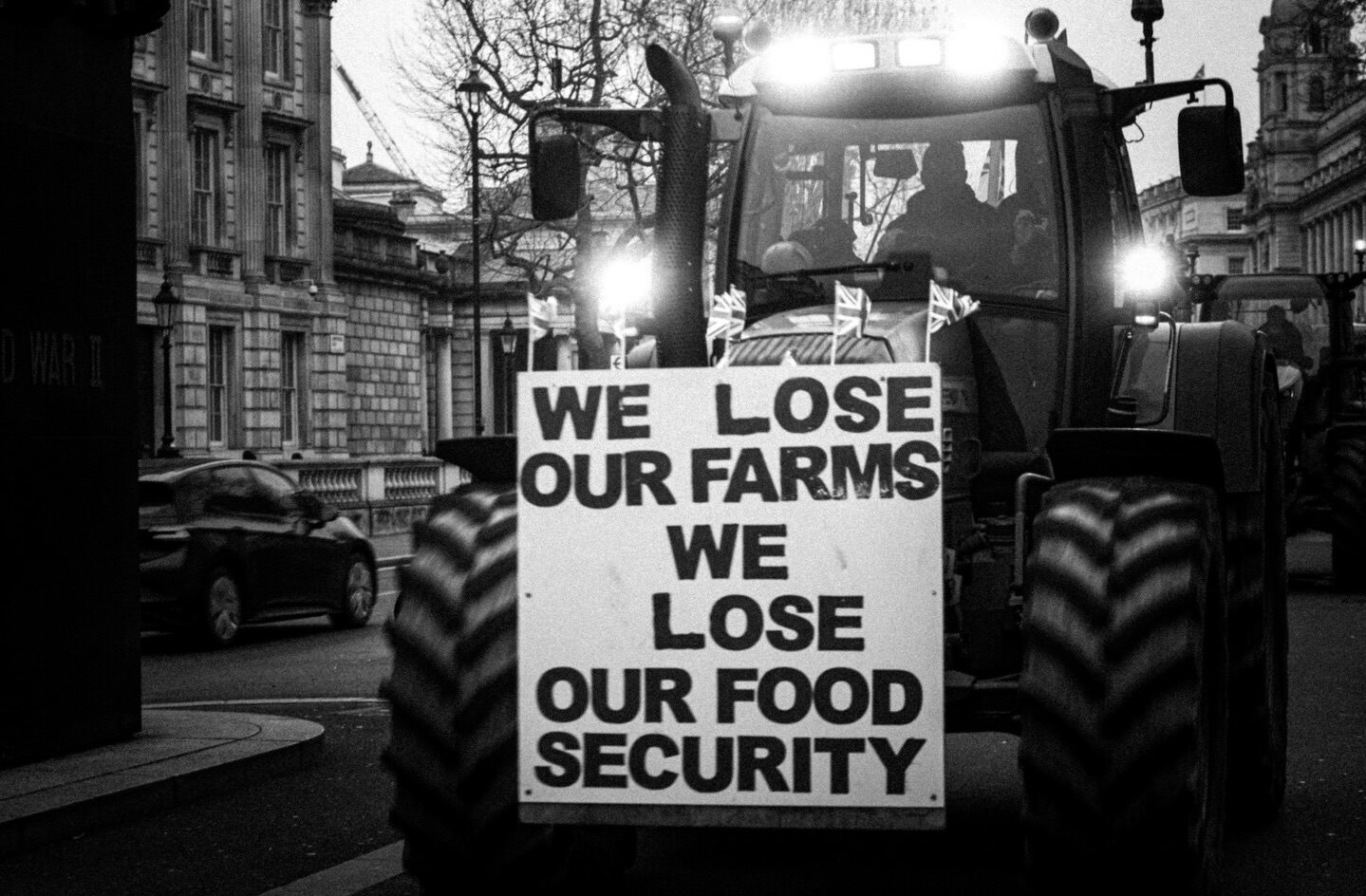

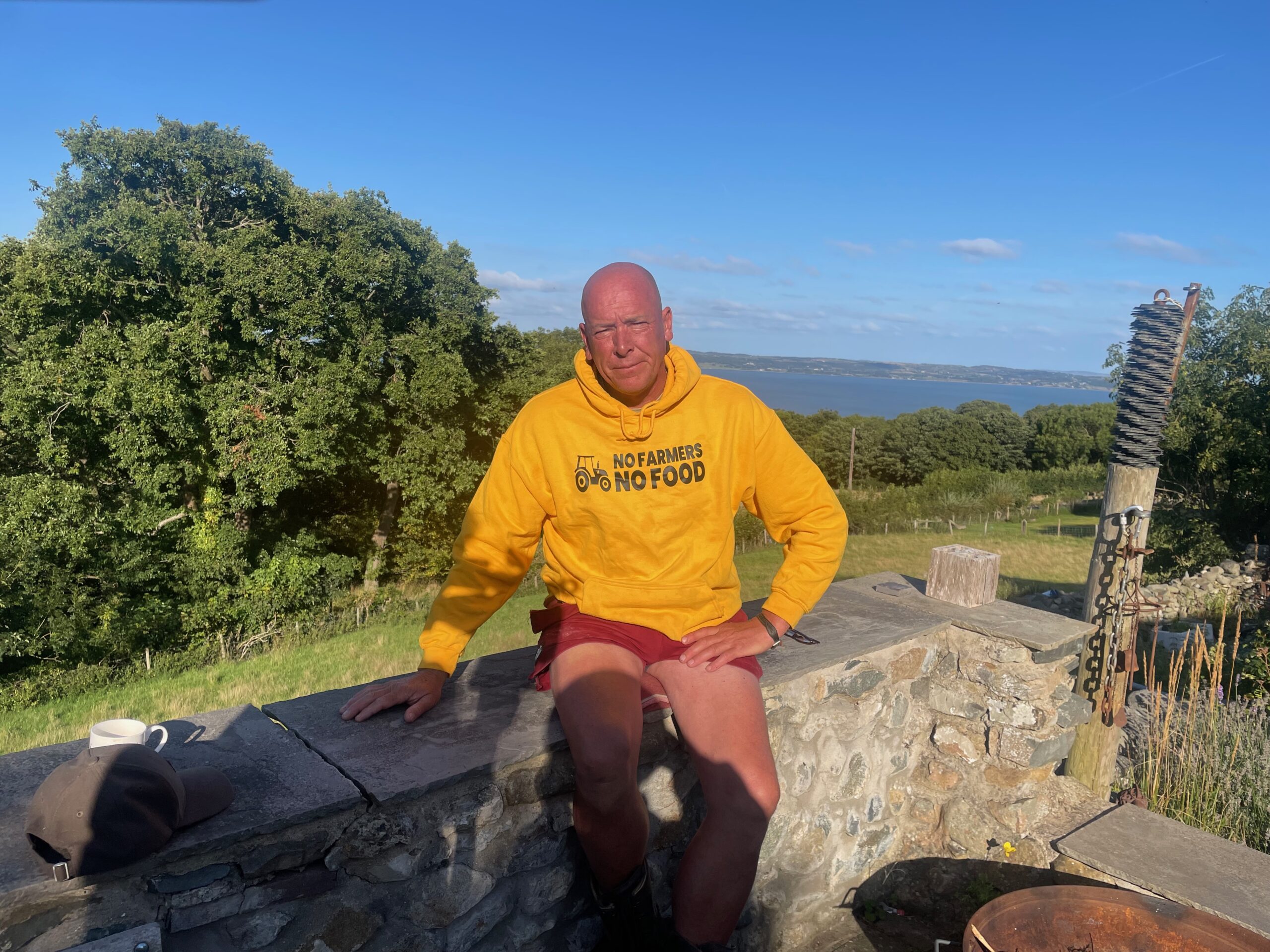
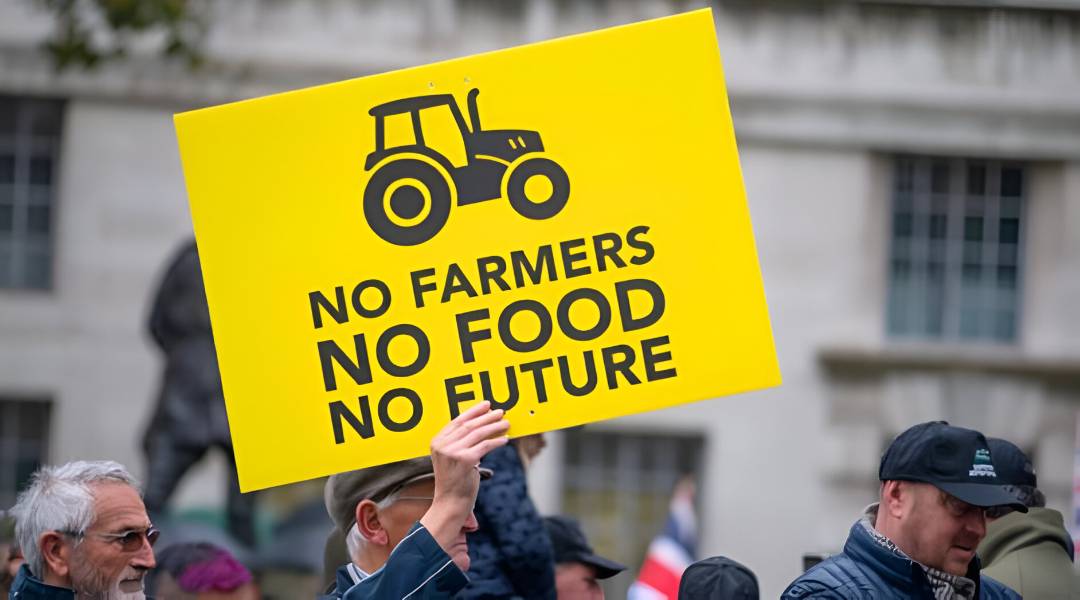
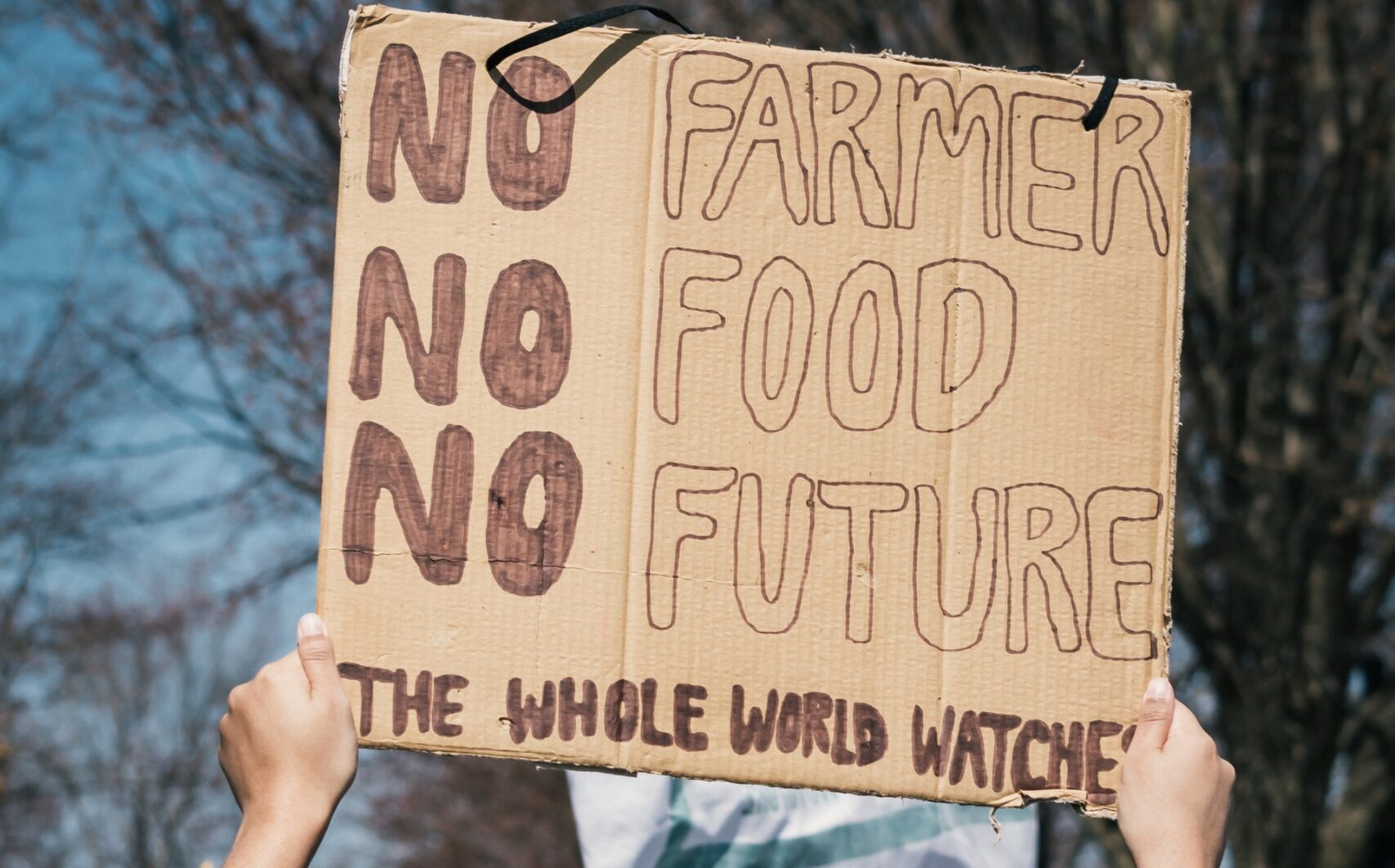
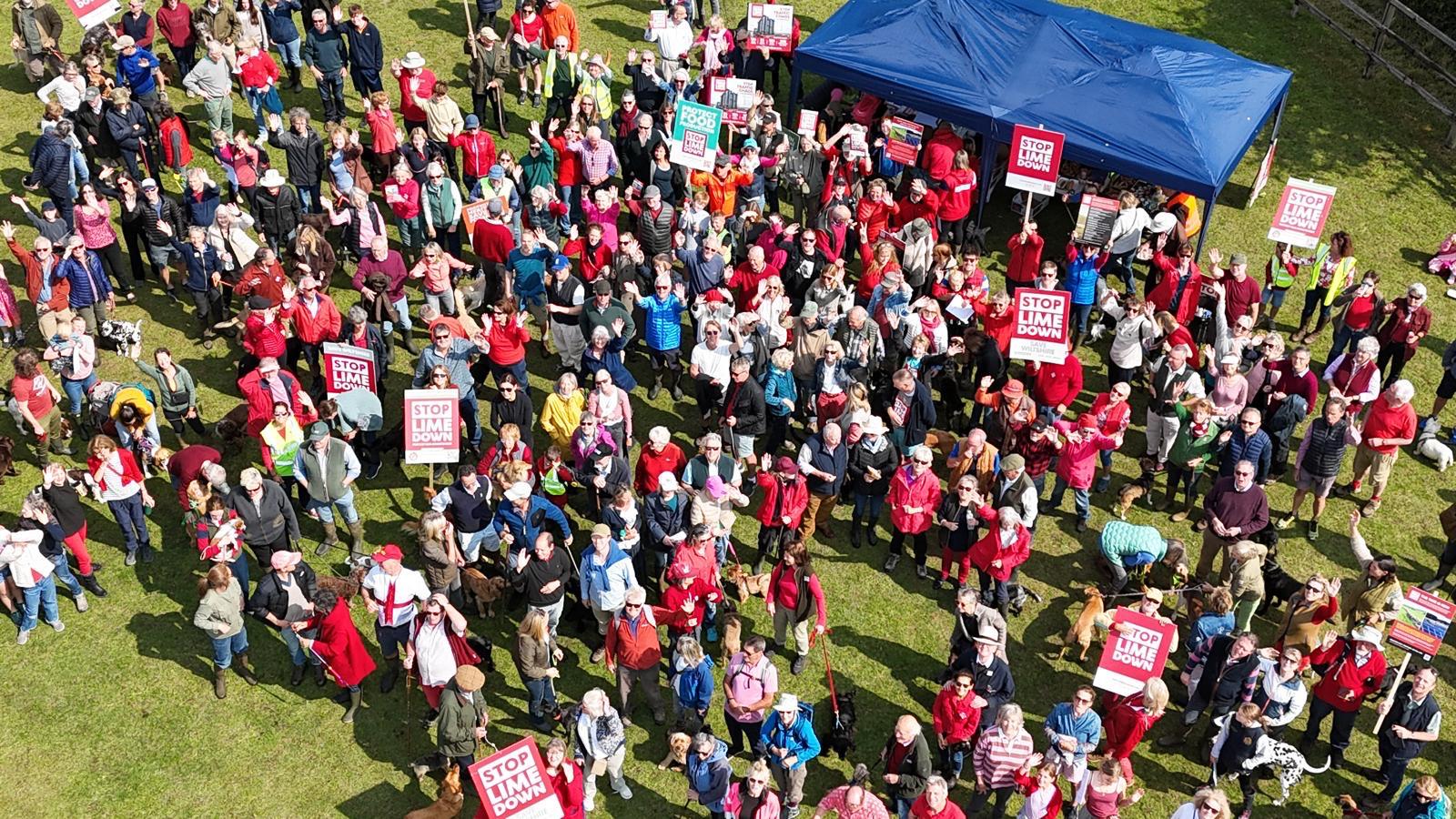
Comments